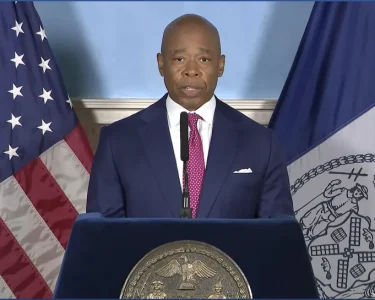In a recent and controversial move, Texas has announced a policy shift that will impact transgender individuals seeking to update their driver’s licenses. As of today, the state will no longer permit transgender people to change the sex designation on their driver’s licenses, a decision that has sparked significant debate and concern across the nation.

The policy change, implemented by the Texas Department of Public Safety (DPS), represents a reversal from the previous regulations that allowed individuals to amend their sex designation on driver’s licenses to match their gender identity. This adjustment was part of a broader push towards inclusivity and recognition of transgender individuals’ rights. However, the new policy is seen by many as a step backward in the fight for LGBTQ+ equality.
The New Policy and Its Implications
Under the updated policy, Texans who wish to amend their driver’s license to reflect a gender different from their assigned sex at birth will no longer have the option to do so. This decision has been met with backlash from advocacy groups and civil rights organizations, who argue that it undermines the dignity and identity of transgender individuals.
Transgender individuals often face significant challenges in daily life, including the need to navigate bureaucratic processes that do not always recognize or respect their gender identity. The ability to update identification documents to reflect one’s true gender is seen as a crucial aspect of ensuring safety and reducing instances of discrimination and harassment. With this policy change, many fear that transgender individuals may encounter increased difficulties, including issues with proving their identity in various settings, such as healthcare and employment.
Community Response and Legal Challenges
The response from the LGBTQ+ community and its allies has been swift and vocal. Many advocates argue that the policy change not only affects the personal lives of transgender Texans but also sets a concerning precedent for other states considering similar measures. Legal challenges are anticipated, as some organizations are exploring avenues to contest the policy in court.
In the face of this policy change, several advocacy groups have called for legislative action to protect the rights of transgender individuals. They emphasize that updates to identification documents should align with an individual’s gender identity, a stance that is supported by numerous medical and psychological associations. The policy shift, they argue, could lead to increased vulnerability for transgender people, who are already at a higher risk for violence and discrimination.
Impact on Daily Lives
The ramifications of this policy change extend beyond the realm of legal and political debates. For many transgender individuals, having a driver’s license that accurately reflects their gender identity is not just a matter of convenience but a crucial aspect of their daily lives. Mismatched identification documents can lead to uncomfortable and potentially dangerous situations, including being misgendered or questioned about their gender identity in various settings.
Moreover, the policy change has raised concerns about the potential for increased stigma and discrimination. Transgender individuals already face significant societal challenges, and the inability to update their driver’s licenses to reflect their true gender may exacerbate these issues. Supporters of the policy change argue that it is a measure to uphold state regulations and standards, but opponents believe it fails to account for the human and personal aspects of gender identity.
Looking Forward: What’s Next?
As Texas navigates this new policy, the broader implications for LGBTQ+ rights and recognition remain a focal point of discussion. The policy change has ignited a conversation about the role of government and institutions in acknowledging and supporting transgender individuals. It underscores the ongoing need for advocacy and legal protections to ensure that all individuals can live authentically and with dignity.
In the coming months, it will be crucial to watch how this policy unfolds and whether legal challenges or legislative efforts will address the concerns raised by advocacy groups. The situation in Texas serves as a reminder of the broader struggle for LGBTQ+ rights and the importance of continued support and solidarity.
For more insights on how recent policies impact various communities, check out our latest post on Digital Digest.




